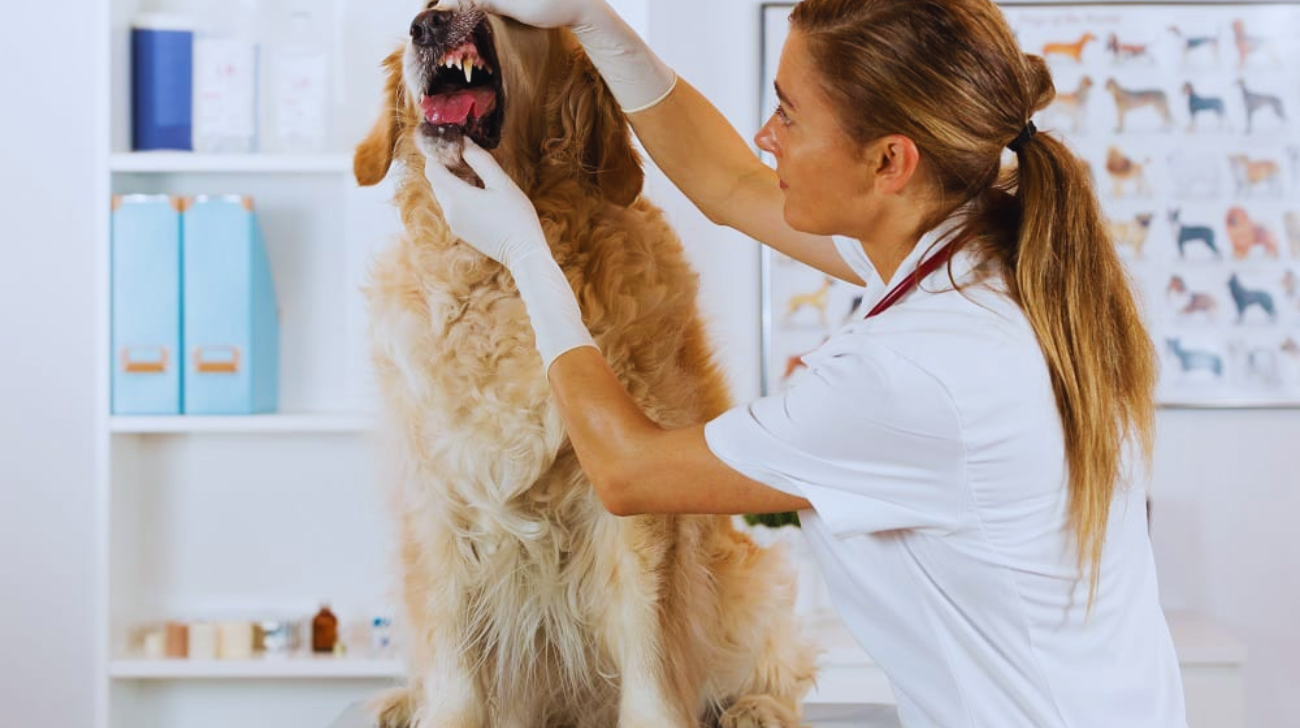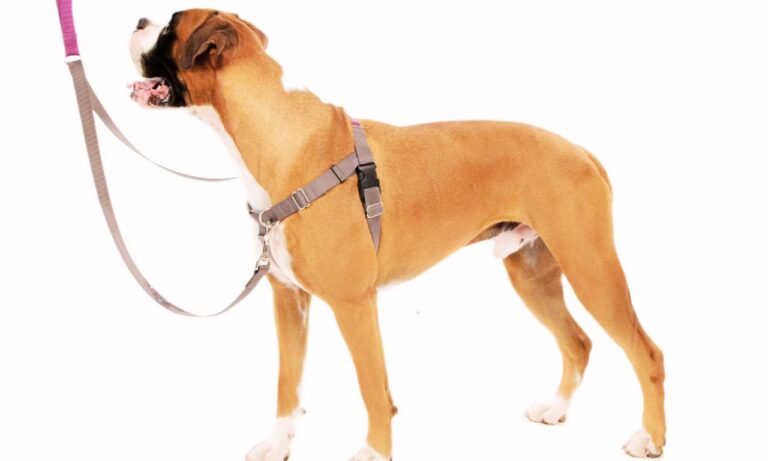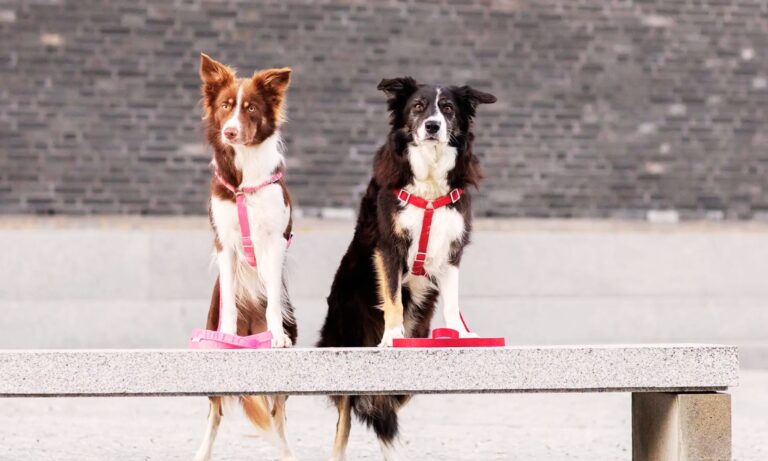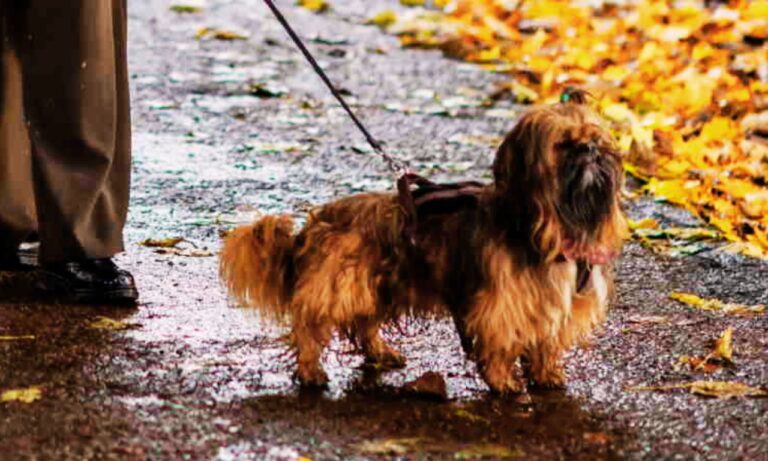Ontario, Canada’s largest province, has taken a significant step forward in animal welfare by updating its regulations for dogs kept outdoors. Ontario Regulation 351/22, which will come into effect on Canada Day, introduces new guidelines designed to improve the quality of life for dogs housed outside.
The updated standards focus on shelter, nutrition, water, and tethering methods, but critics argue that the changes fail to address some of the most egregious practices still permitted, such as the mistreatment of dogs in commercial sledding operations and the continued use of harsh outdoor tethering methods. Find out what style dog collar is best for hounds to ensure comfort and safety for your furry friend.
Blog Highlights
ToggleA Step Forward, But Not Far Enough: Animal Justice Weighs In
Animal Justice, a leading Canadian animal rights organization, responded to Ontario’s public consultation on the proposed updates with a comprehensive submission. While acknowledging the positive changes, the group expressed concern that the revised regulations overlook well-documented practices that cause extreme physical and emotional harm to dogs.
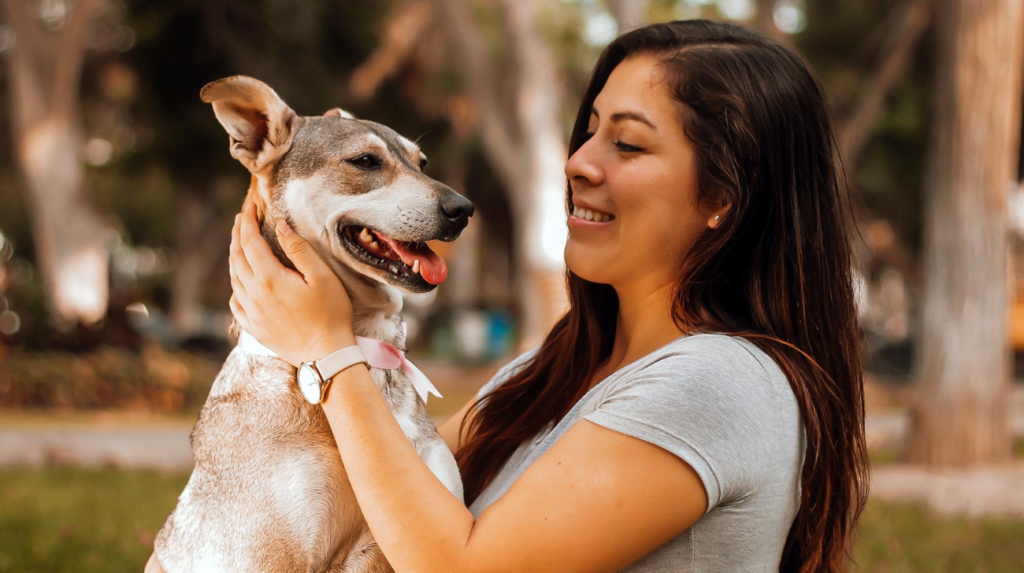
Specifically, It advocates for stronger protections against the continuous tethering of dogs outdoors and the cruel conditions found in commercial sled dog operations, both of which remain largely unregulated under the new law.
The ideal size collar for English Springer Spaniel typically ranges from 14 to 20 inches, depending on the dog’s age and neck size, ensuring a comfortable and secure fit.
Key Updates to Ontario’s Outdoor Dog Standards
Despite these concerns, the updated regulations introduce several improvements to the care and welfare of dogs kept outdoors. These new standards include:

- Space Requirements for Housing Pens: The size and space specifications for outdoor dog pens are now clearly defined in relation to the size of the dogs being housed. This includes requirements for multiple dogs sharing a pen and mandates that incompatible dogs not be housed together to prevent aggression.
- Improved Food and Water Standards: Dogs must be provided with clean, unfrozen, and uncontaminated food and water that meets their daily nutritional needs. Water must be replaced at least every 24 hours and should not be frozen or contain any harmful substances such as dirt, feces, or urine. Food must also be free from spoilage or contaminants.
- Upgraded Dog Shelter Requirements: Outdoor shelters must now be structurally sound, with a level floor that is elevated from the ground to keep it dry. The shelter should be large enough for the dog to stand, lie down, and turn around comfortably, and it must include clean bedding that is regularly changed to ensure comfort and hygiene. In addition to being waterproof and insulated, shelters must now have proper ventilation.
- Regulated Tethering Practices: The new regulation includes stricter guidelines on the types of tethers used for outdoor dogs, prohibiting harmful collars such as choke, prong, and slip collars. Dogs under six months of age, pregnant or nursing dogs, and dogs in heat are now prohibited from being tethered. Additionally, the law specifies that tethering should not cause undue distress based on the dog’s health, age, or surrounding hazards.
To find the perfect fit, learn more about what size collar for a Bichon, ensuring your dog’s comfort and safety.
Areas of Concern: Gaps in Regulation
While the new regulations represent an important step toward improving the lives of dogs kept outdoors, critics argue that several critical issues remain unaddressed:

- No Ban on Commercial Dog Sledding: Despite public outcry and advocacy by Animal Justice, the regulation does not ban or even regulate the commercial sled dog industry, where dogs are often subjected to extreme physical and emotional abuse. The practice, which has been the subject of numerous animal welfare concerns, remains legal in Ontario.
- Tethering Not Fully Banned: The updated regulation fails to establish a clear ban on the practice of continuous tethering. Although the law limits the types of collars that can be used and provides some restrictions on tethering, it does not go far enough to stop the cruel practice of keeping dogs chained outdoors for extended periods, which is a significant concern for animal advocates.
- Lack of Protection Against Extreme Weather: The updated regulations do not provide enforceable standards for ensuring that dogs are not left outside in extreme weather conditions. Dogs kept outdoors in extreme heat or cold are at significant risk of injury, suffering, or even death, but the new rules do not adequately address this issue.
Discover the ideal option by exploring what is the best collar material for a Bichon Frise to ensure your pet’s comfort and durability.
Animal Justice Calls for Stronger Protections
Animal Justice has vowed to continue advocating for stronger legal protections for outdoor dogs, particularly those in the dog sledding industry and those subjected to extreme tethering conditions.

The organization has called on Ontario Premier Doug Ford and Solicitor General Sylvia Jones to take further action and implement stronger regulations that will protect dogs from a life of misery on chains and in cruel commercial operations.
In its public consultation response, It also urged the Ontario government to listen to the concerns of over 4,000 supporters who joined the call to end the commercial sled dog industry and take stronger steps to regulate outdoor tethering.
The American Staffordshire Terrier’s coat type is short, sleek, and easy to maintain with regular brushing.
Take Action: Protect Outdoor Dogs in Ontario
Despite the progress made by Ontario’s new regulations, there is still much work to be done to ensure the welfare of dogs kept outdoors. It encourages concerned citizens to voice their support for stronger protections and urge the Ontario government to take immediate action to end the cruelty faced by sled dogs and dogs left tethered outdoors.
The best collar size for an American Staffordshire Terrier ensures a comfortable and secure fit for your dog during walks and training.
For those who want to help, Animal Justice has made it easy to take action by contacting Premier Doug Ford and Solicitor General Sylvia Jones. It’s time for Ontario to do more for the dogs who continue to suffer outdoors. Gathered from: Animal justice.

